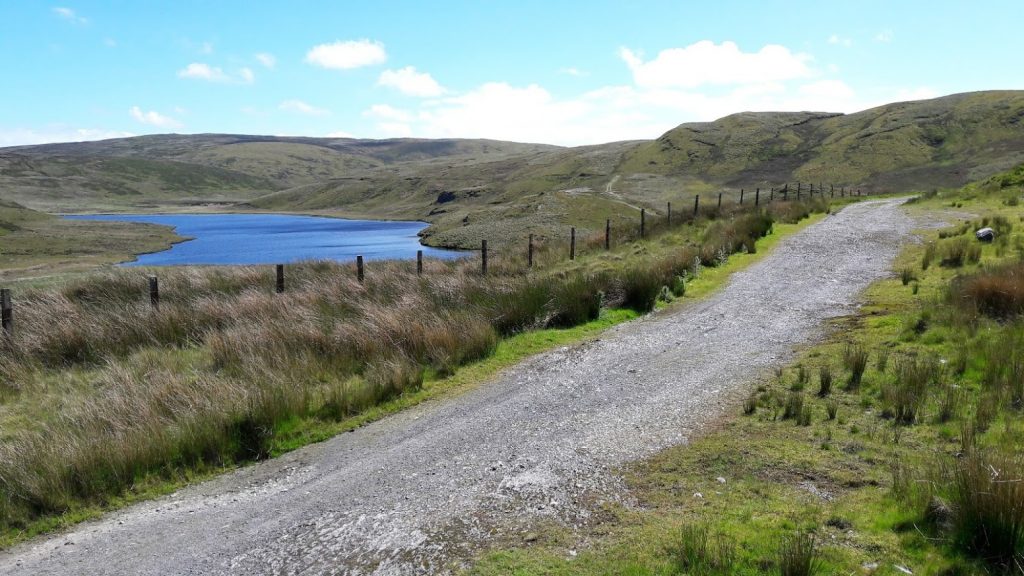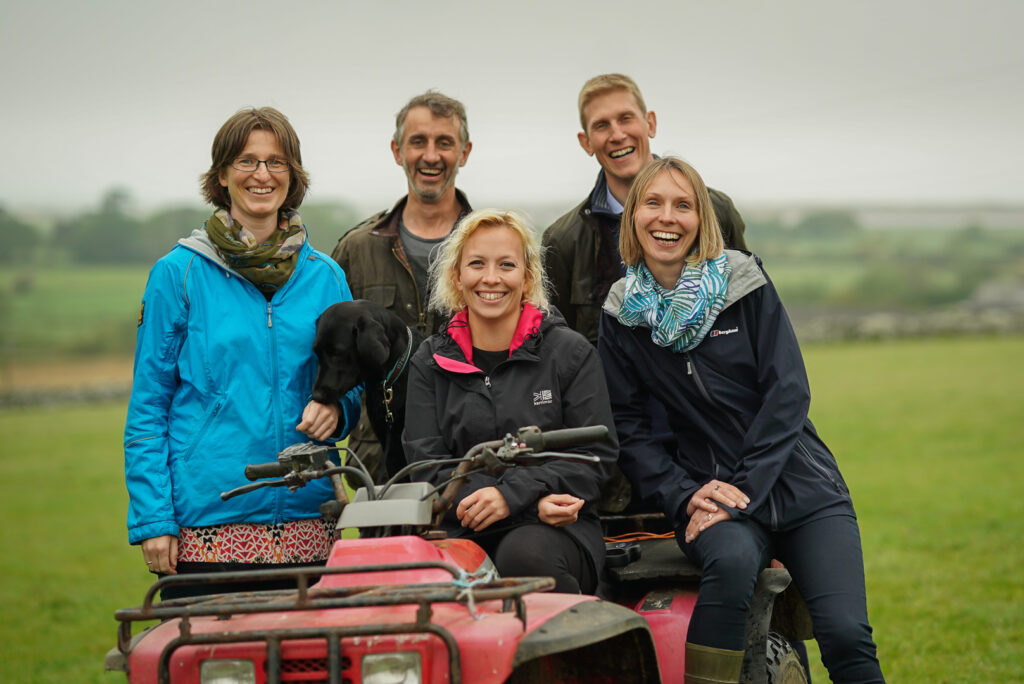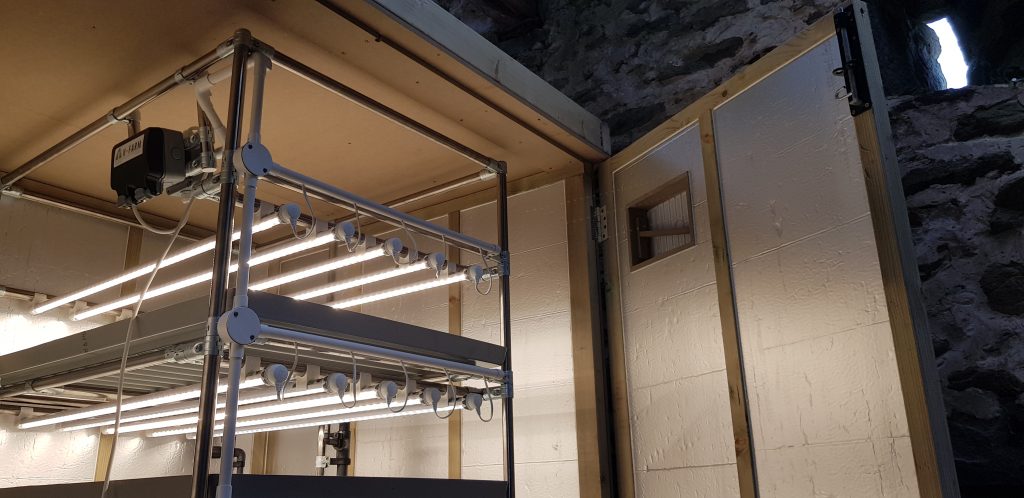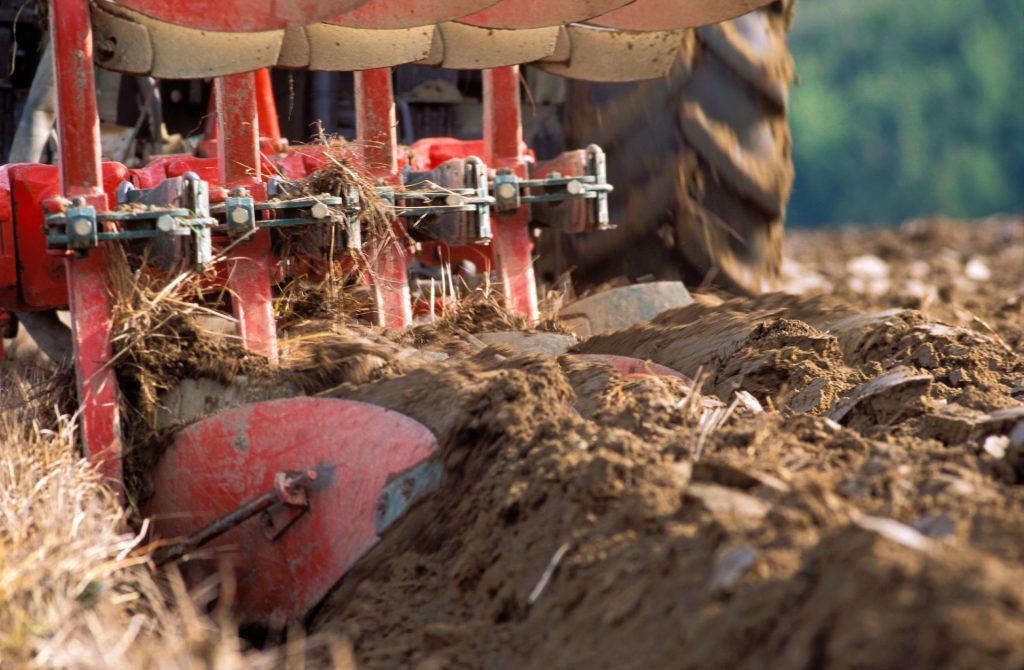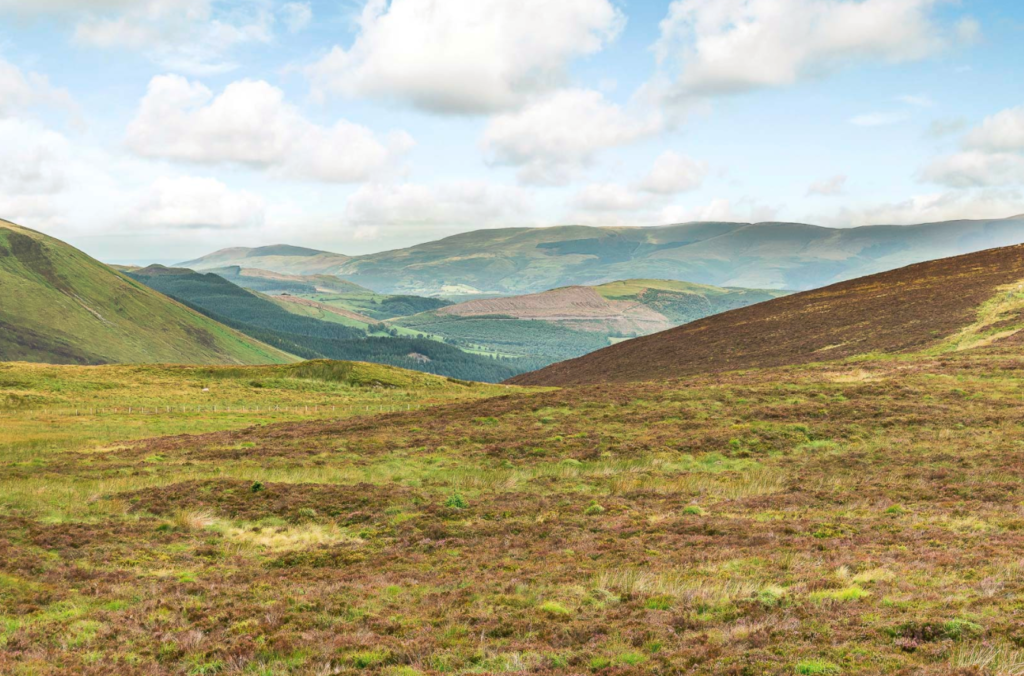You can be forgiven for not having read “The Economics of Biodiversity: The Dasgupta Review”. It extends to 610 pages and its abridged version is a mere 103 pages!
The headline messages however are potentially very important for Welsh Farmers.
“Our economies, livelihoods and well-being all depend on our most precious asset: Nature”.
Most farmers will tell you that they don’t need a Professor from the University of Cambridge to tell them this. But it seems that even if we knew, we may not have known that collectively we have failed to manage our global portfolio of assets sustainably. Professor Sir Partha Dasgupta suggests that to maintain the world’s current living standards, we would require 1.6 Earths and that our failures mean that biodiversity is declining faster now than at any time in human history.
The conclusions made by the Professor are not good, but what has this got to do with Welsh Farmers?
Farmers manage over 80% of Wales land area and Welsh farm soils contain 410 million tonnes of carbon, 88% of which is within the Less Favoured Severely Disadvantaged Areas of Wales. Furthermore, peat soils are estimated to cover over 90,000 hectares in Wales which is 4.3% of the total land area.
Carbon is only one abundant attributes of the Welsh landscape but there are many more services that flow from other natural capital assets which are at Welsh farmers disposal, not only such things like water, air, and biodiversity, but also human recreation, health and well-being, and the fact that sustainable agriculture (which typifies Welsh farming) can bring them altogether.
Within a UK context, funding targeted at interventions in the farmed environment are not just available from the traditional public purse (said to be £3.6 billion/ annum), but there are also substantial opportunities for farmers to achieve funding from the private sector which surprisingly is said to be worth more, namely circa £4.2 billion/ annum. There is therefore a significant opportunity for Welsh farmers to benefit from the economics of biodiversity.
Baileys and Partners are one of four well established land-based practices that make up a consortium that are pooling existing resource and experience, in order to bring to the market a new range of products and services, to help direct private sector investment towards economic activities, that enhance our stock of natural assets and encourage (reward) sustainable consumption and production activities.
It’s an exciting time and Baileys and Partners are determined to position our clients such that they benefit from private sector investment. Don’t hesitate to contact us and please see our new website which describes some of our service offerings namely, natural capital and ecosystem services, carbon assessments and biodiversity (net) gain and offsetting services.

